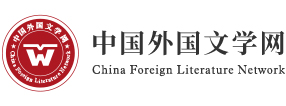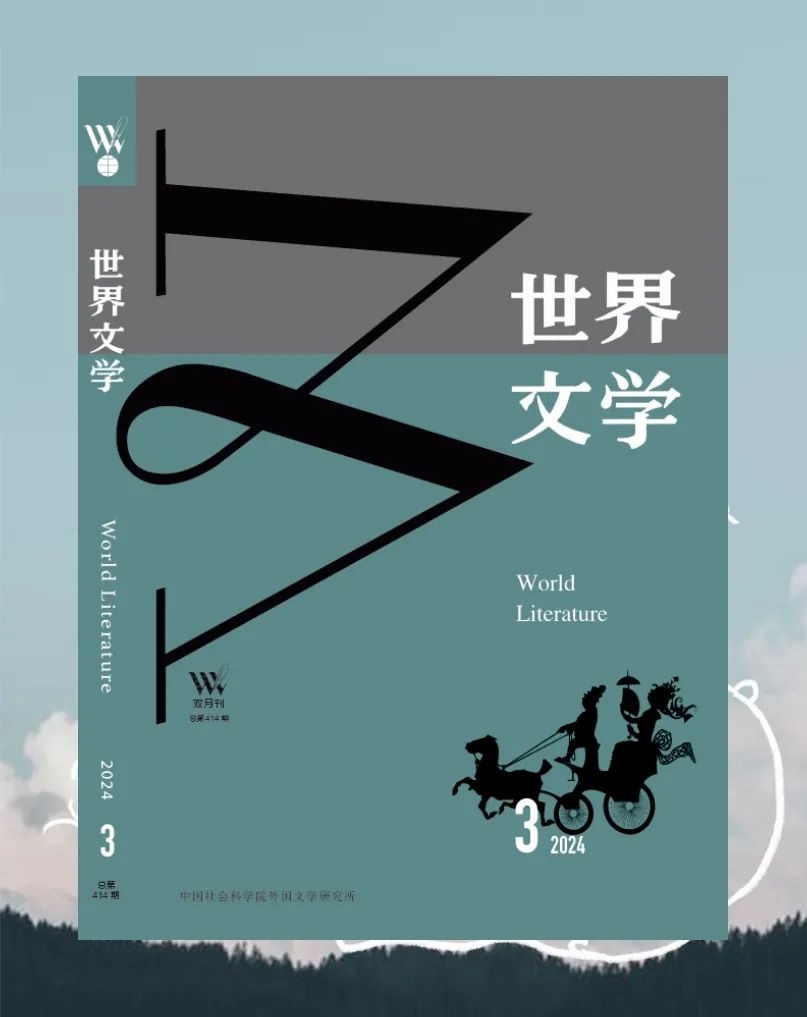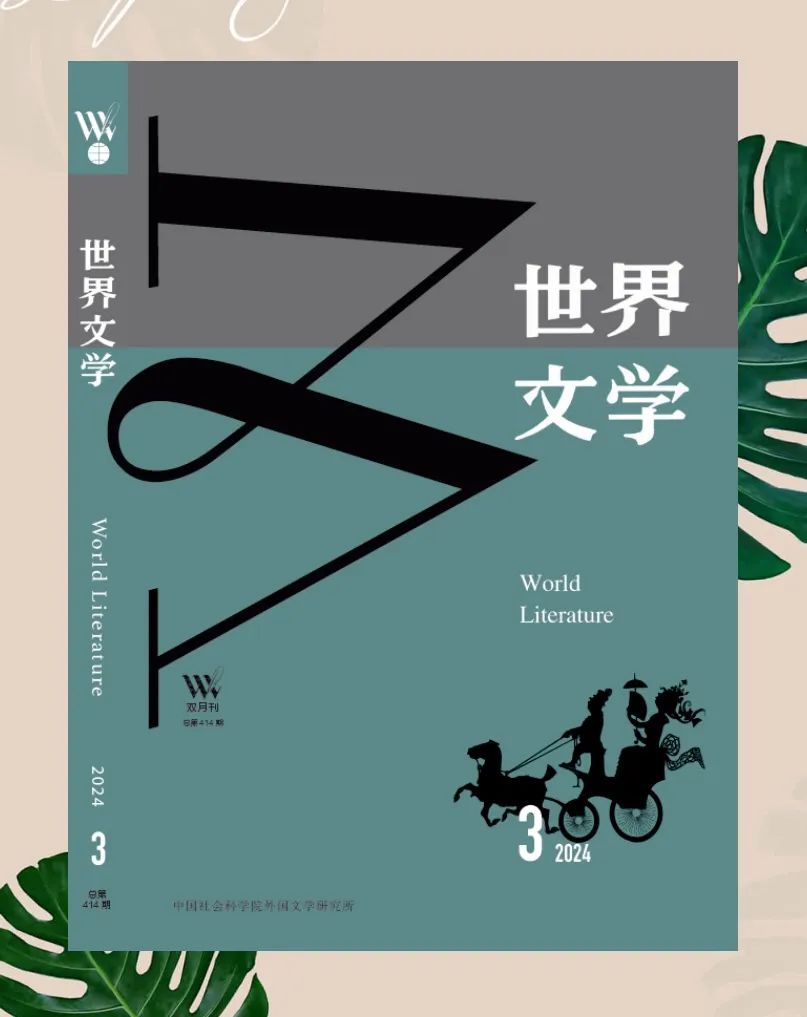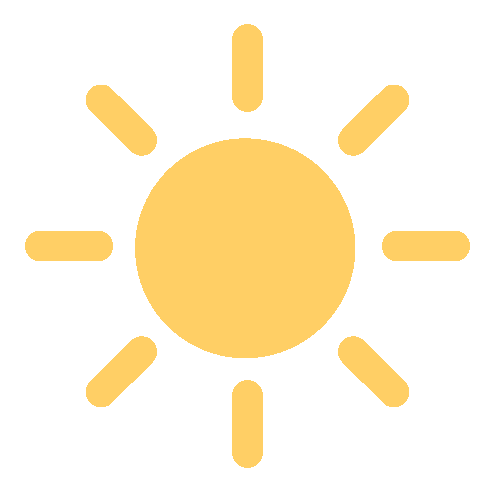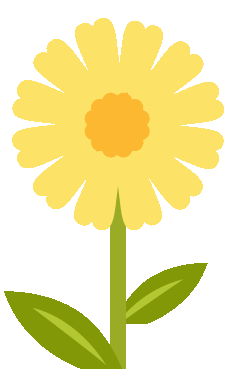双语悦读 | 亚•埃•萨克斯【美国】:我们的系统(附作家朗读音频)
![]() 爱世界,爱文学,爱《世界文学》
爱世界,爱文学,爱《世界文学》
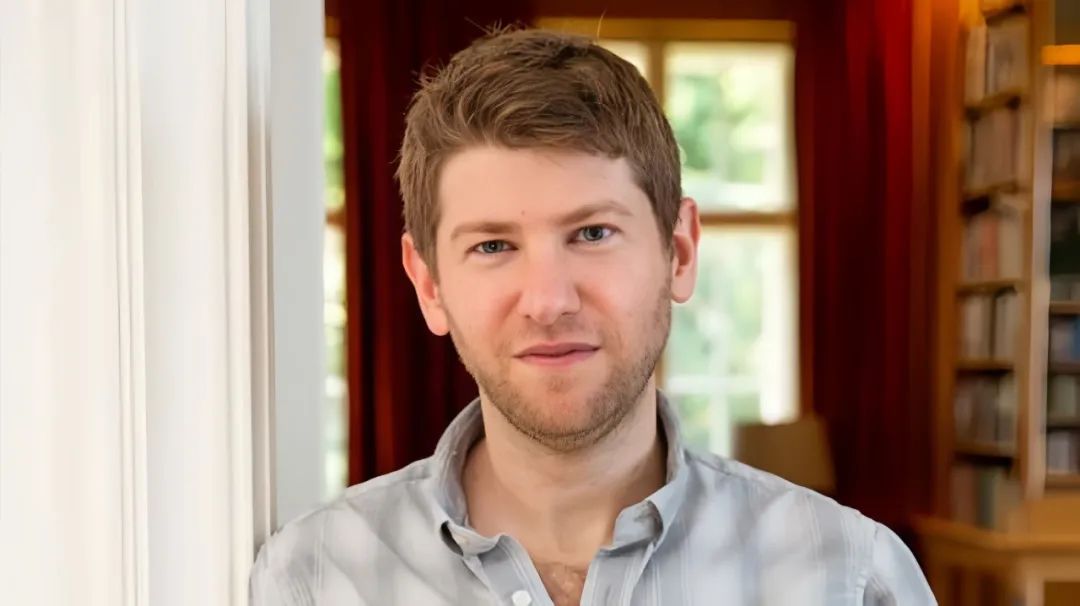
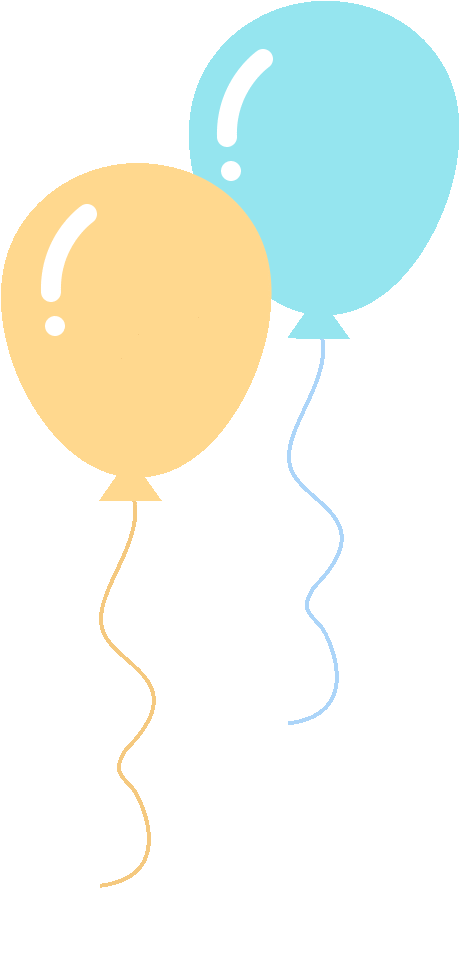
Our System
我们的系统

亚当·埃尔利希·萨克斯作
郑云译
A philosopher had spent his lifetime pondering the nature of knowledge and was ready at last to write down his conclusions. He took out a sheet of white paper and a pen. But he noticed, upon lifting the pen, a slight tremor in his hand. Hours later he was diagnosed with a neuromuscular disorder that promptly began ravaging his body, though apparently, according to the doctor, not his mind.
一位哲学家,一辈子都在思索知识的本质,总算准备写下结论了。他取出一张白纸和一支笔,可刚提笔,就察觉手微微一颤。几小时后,他被诊断出神经肌肉失调;身体随即遭到重创,但照医生的说法,脑子明显没事。
He lost the use of his muscles one by one, first in his fingers, then in his toes, then in his arms, then in his legs. Soon he could only whisper weakly and flutter his right eyelid. Just before losing the power of speech entirely, he designed with his son’s help a system by which he could communicate, through twitches and blinks, the letters of the alphabet.
他的肌肉渐渐不听使唤:起先是手指,接着是脚趾、两臂、双腿。不久,他只能虚弱地哼唧,动动右眼皮。赶在彻底无法说话之前,他在儿子协助下,设计了一套系统:眼皮跳跳,眼睛眨眨,就能告知字母表里的字母。
Then the philosopher fell silent.
接着,哲学家陷入沉默。
He and his son embarked upon the writing of his book on knowledge. The father blinked or twitched his right eyelid; the son wrote down the corresponding letter. Progress was extraordinarily slow. After twenty years, they had written a hundred pages. Then, one morning, when the son picked up the pen, he noticed a slight tremor in his hand. He was diagnosed with the same neuromuscular disorder as his father—it was, naturally, hereditary—and began losing the use of his muscles, too. Soon he could only whisper weakly and manipulate his tongue. He and his own son designed a system by which he could communicate, by tapping his teeth with his tongue, the letters of the alphabet, and then he, too, fell silent.
他跟儿子着手写论知识的书。父亲眼一眨或右眼皮一跳,儿子便记下相应字母。进展异常缓慢。二十年过去,他俩才写下百页。有一天早晨,笔刚拿起,儿子便察觉手微微一颤。经诊断,他同父亲一样,患上了神经肌肉失调——自然属于遗传——开始使唤不动肌肉。很快,他只能虚弱地哼唧,仅舌头受他操控。他和儿子设计了一套系统:舌头叩叩牙齿,便能告知字母表里的字母。接着,他也陷入沉默。




The writing continued, though the pace, already indescribably slow, slowed even further. The grandfather blinked or twitched his right eyelid, his son tapped a tooth with his tongue, and the grandson wrote down the corresponding letter. After another twenty years, they had written another ten pages on the nature of knowledge.
写作继续;速度本已慢得无法形容,现在变得更慢了。祖父眼一眨或右眼皮一跳,儿子就用舌头叩叩牙齿,孙子便记下相应字母。又过去二十年,他们才写下了十页论知识本质的文字。
One morning, the grandson noticed a slight tremor in his hand. He knew instantly what it meant. He didn’t even bother getting the diagnosis. His final surviving muscle was his left eyebrow, and by raising or lowering it just so he could communicate letters to his son. Again the pace slowed by an order of magnitude. The opportunities for error multiplied. Then his son was stricken, then his son’s son, then his son’s son’s son, and then his son’s son’s son’s son, who is my father.
一天上午,孙子察觉手微微一颤。他立马知道个中意味,甚至犯不着去拿诊断书。最后幸免于难的,是他左侧眉毛的肌肉——眉毛一起一落,就能传达字母给他儿子。速度又放缓十倍。错误率反成倍增加。后来,他儿子病了,他儿子的儿子病了,他儿子的儿子的儿子病了,一直到他儿子的儿子的儿子的儿子——就是我父亲。
We cram into our ancestral sickroom. It is dark and cold: we keep the blinds lowered and the heat down owing to our hereditary light sensitivity and our hereditary heat intolerance, both of which are in fact unrelated to our hereditary neuromuscular disorder. Someone tries to cough but cannot. I sit at the desk and await the next letter, which can take months to arrive. The philosopher blinks or twitches his right eyelid; his son taps a tooth with his tongue; his son raises or lowers his left eyebrow; his son sucks on his upper or lower lip; his son flares a nostril; my grandfather blinks or twitches his left eyelid; my father taps a tooth with his tongue; and I write down the letter. In the past eleven years, I’ve written down the following:
我们挤进祖传的病房。房间又黑又冷:我们遗传了对光敏感、不耐高温的毛病,总是拉下卷帘,调低暖气;但二者其实与我们遗传的神经肌肉失调无关。有人想咳嗽,但咳不出来。我坐在桌旁等下个字母,估计得等上数月。哲学家眼睛眨眨或右眼皮跳跳;他儿子用舌头叩叩牙齿;他孙子左边的眉毛起起又落落;他曾孙咂咂上唇或下唇;他玄孙张了张鼻孔;我祖父眼睛眨眨或左眼皮跳跳;我父亲用舌头叩叩牙齿;我再写下字母。过去十一年,我所写如下:

CCCONCEPPTCCCCCAAAAACCCCCCCCCCPPCCCCCCPCCCCCCCPCCCCCCC。


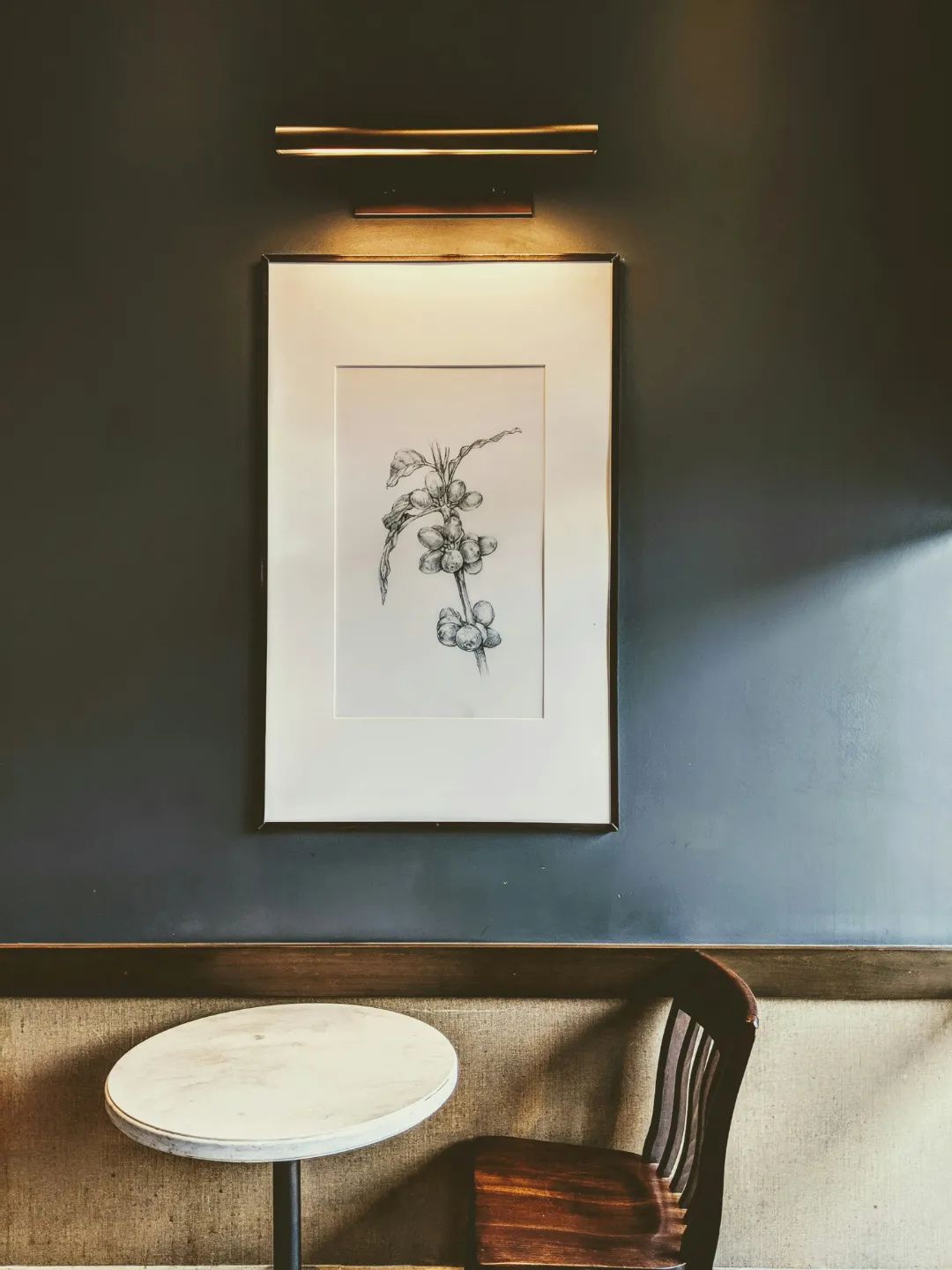
What to make of this? Perhaps the philosopher has lost his mind. Perhaps there’s been a disruption in our system of twitches and blinks and tooth-tapping and lip-sucking by which a letter is transmitted from his head to my pen. Perhaps—I certainly don’t rule this out!—I have lost my mind: perhaps no matter what my father taps I see only “C”s, and the occasional “P.” Or perhaps our system works perfectly, our philosopher’s mind works perfectly, his theory of knowledge reaches the page just as he intends it, and I simply do not have the wherewithal to understand it. That, too, cannot be ruled out.
这是啥玩意?也许,哲学家疯了。也许,我们那套动动眼皮、眨眨眼睛、叩叩牙齿、咂咂嘴唇的系统——从他的头脑到我的笔端,传输字母全靠它——出了乱子。也许——我当然没排除这点——发疯的是我自己:也许,不管我父亲叩出了什么,我只见着好几个C,偶尔见着个P。又或者,我们的系统运转良好,哲学家的头脑运转良好,他的知识理论以他想要的形态付诸纸上,只可惜我没本事理解。这点也不能排除在外。
A letter is now coming my way. The old men grimace and suck, twitch and tap, blink and blow. My son, here to watch, looks on with pity and terror, still not sure how all this relates to him. He hates being in this room. You should see how eagerly at the end of the day he kisses his ancestors and races out ahead of me into the hall.
一个字母正往我这儿来。那帮老头做起鬼脸,咂咂嘴,动动眼皮,叩叩牙,眨眨眼,擤擤鼻。我儿子——他是来房中观摩的——露出同情又惊骇的神色,尚不清楚这一切与自己有何干系。他讨厌待在这个房间里。你真该看看,这一天收工时,他如何急切地亲亲列祖列宗,抢在我前面冲到门厅那里。


Ehrlich
Sachs),美国作家,出生于波士顿。本硕就读于哈佛大学,获得大气科学学士学位和科学史硕士学位。求学期间为幽默杂志《哈佛讽刺》撰写文章。短篇小说发表于《纽约客》《n+1》《哈泼斯》等杂志。目前已出版三部著作。由三篇微型小说组成的系列故事《哲学家》(The
Philosophers)发表于2016年2月1日出刊的《纽约客》,后来收录于同年出版的小说集《遗传的疾病:故事、寓言和问题》(Inherited
Disorders: Stories, Parables, and Problems,雷根艺术)。

原载于《世界文学》2024年第3期,责任编辑:叶丽贤。

点击上图,订阅全年《世界文学》
点击上图,订阅单期《世界文学》

添加《世界文学》小助手
获邀进入《世界文学》分享会3群

